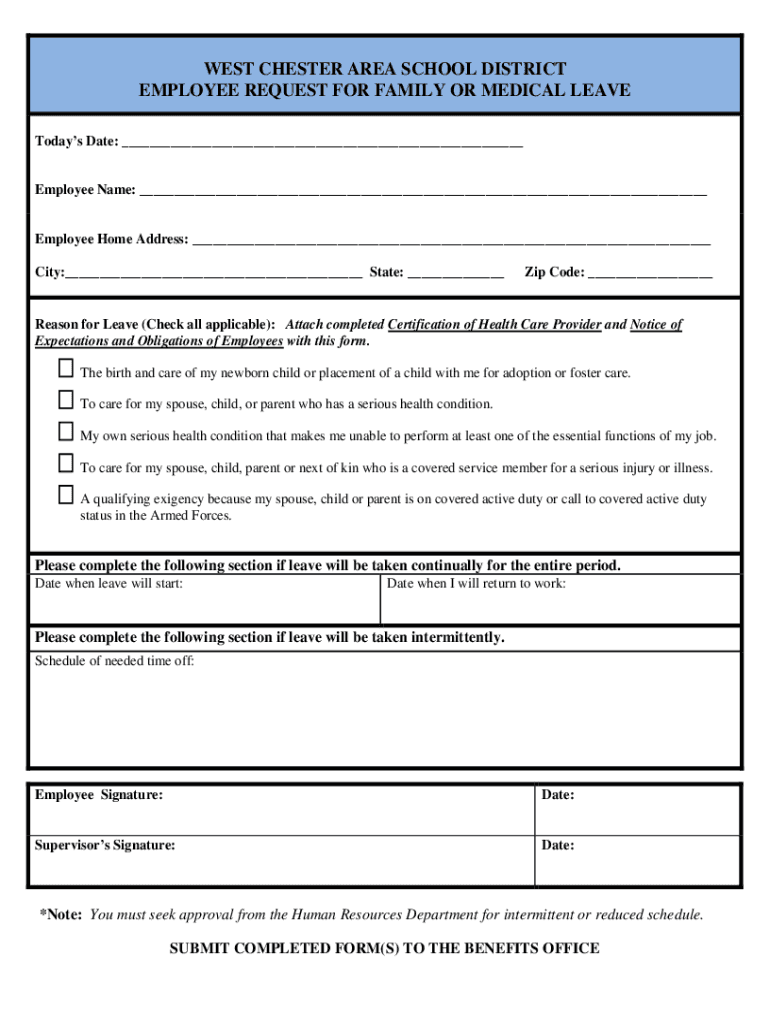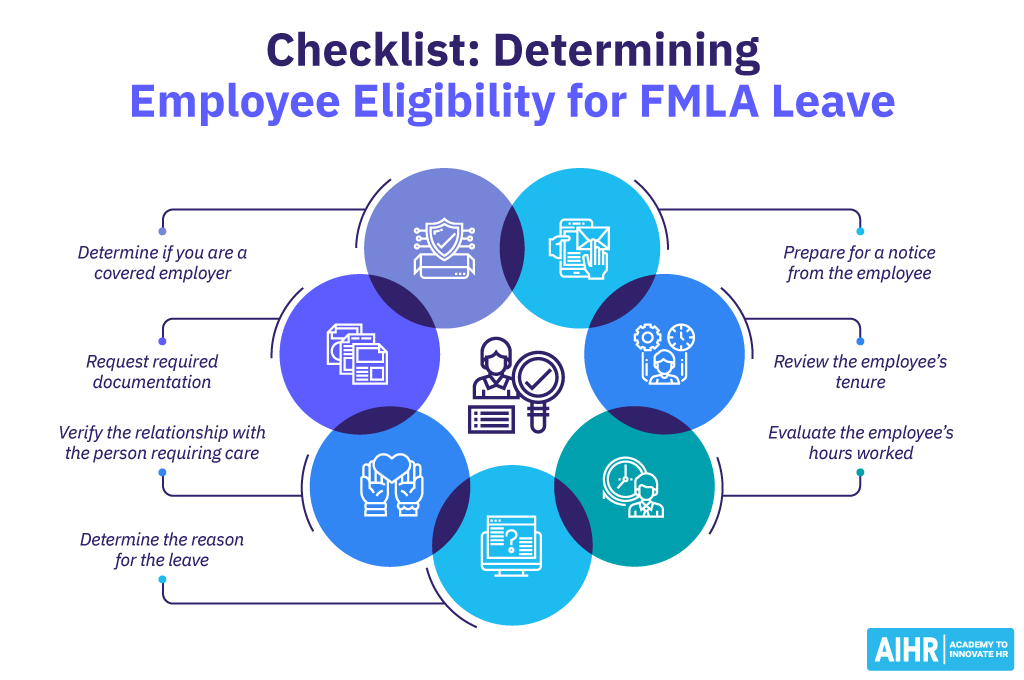5 Steps to Navigate FMLA Paperwork Easily

Family and Medical Leave Act (FMLA) provides employees with time off for certain health-related situations without risking their job or benefits. Yet, navigating FMLA paperwork can feel daunting with its plethora of forms and regulations. This blog post will detail five straightforward steps to simplify the process.
Understanding FMLA Eligibility

Before diving into the paperwork, make sure you qualify for FMLA:
- You work for a covered employer (usually 50+ employees within 75 miles).
- You’ve worked for the employer for at least 12 months.
- You’ve worked at least 1,250 hours during the 12 months prior to starting your leave.
Employer must meet FMLA criteria, and ensure your leave qualifies under the Act’s provisions.
Identifying Your FMLA Qualifying Condition

FMLA covers several reasons for leave:
- Birth or adoption of a child.
- Serious health condition of the employee or a family member.
- Certain military-related events.
Clarify your exact reason for requesting leave with your HR department or supervisor.
Obtaining FMLA Forms

You’ll need specific forms:
- WH-380-E (Certification of Health Care Provider for Employee’s Serious Health Condition).
- WH-380-F (Certification of Health Care Provider for Family Member’s Serious Health Condition).
- WH-384 (Notice of Eligibility and Rights & Responsibilities).
These forms can be downloaded from the Department of Labor’s website or obtained through your employer’s HR department.
Filling Out and Submitting the Forms

Here’s how to handle the paperwork:
- Notice of Eligibility: You’ll receive this form to determine if you’re eligible for FMLA.
- Certification: Complete this form with your healthcare provider, providing detailed medical information.
- Designation Notice: Your employer will use this to inform you about the approval, partial approval, or denial of your FMLA leave.
Ensure all documents are filled out accurately, signed, and returned promptly.
Tracking and Managing Your FMLA Leave

| Action | Description |
|---|---|
| Provide Updates | Regularly update your HR or supervisor on your status. |
| Check Duration | Monitor your leave’s length to stay within FMLA limits. |
| Plan Return | Communicate your return to work with enough advance notice. |

Keeping your employer informed ensures a seamless return to work and compliance with FMLA regulations.
💡 Note: Maintaining open communication throughout the FMLA process not only helps your employer plan but also keeps you in compliance with the law's requirements.
By following these steps, you can navigate FMLA paperwork with confidence and ease. Understanding your eligibility, identifying the qualifying condition, obtaining the correct forms, filling them out accurately, and managing your leave all contribute to a smoother experience. Remember, seeking assistance from your HR department can provide further clarity, making the process even more straightforward. With the right approach, you can focus on what matters most—your health or the well-being of your family—while FMLA ensures your job remains secure.
What if my employer denies my FMLA request?

+
If your request for FMLA leave is denied, you should ask for the reason in writing. There might be specific criteria you didn’t meet or additional information your employer needs. If you believe the denial was in error, you can seek assistance from the Department of Labor or consider legal advice.
Can I take FMLA leave in increments?

+
Yes, FMLA allows for both intermittent and reduced schedule leave, provided that your employer approves and your need for leave is justified under the law.
Do I need to use all my vacation or sick leave before FMLA?

+
No, you don’t have to use all your vacation or sick leave before FMLA. Employers can require you to use paid leave concurrently with FMLA, but they cannot make you use all of it first.



